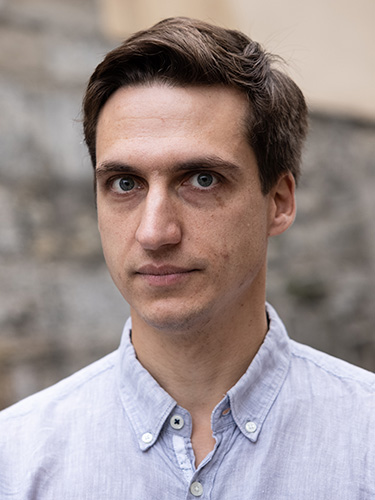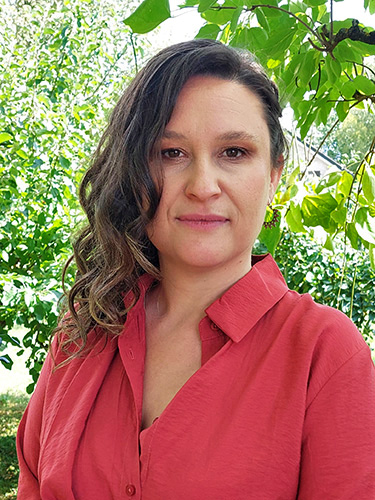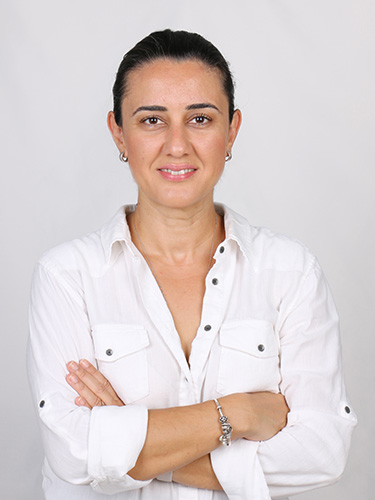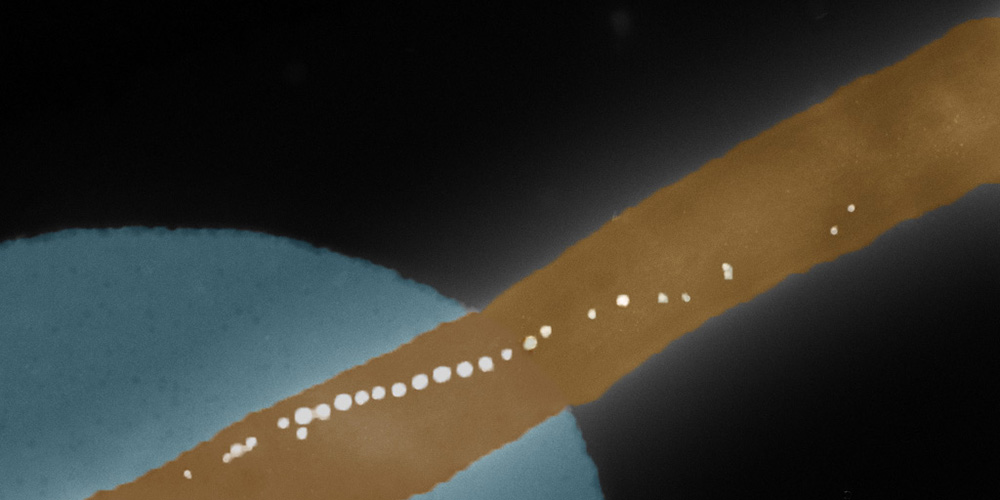Three SNSF Starting Grants for the University of Basel
The Swiss National Science Foundation is awarding 41 Starting Grants this year. Three of these grants will fund projects in the humanities at the University of Basel in the fields of history, classical studies, and linguistics.
11 November 2025
The SNSF Starting Grants focus on support for researchers aiming to establish their own research group, in a similar way to the previous Eccellenza and Prima schemes. Applicants are eligible if they have 2-8 years post PhD experience and have a link to Switzerland. Furthermore, applicants who already hold an assistant professorship and have already received significant third-party funding, will not be eligible.
Each project will receive approximately 1.8 million Swiss francs in funding. The three grantees will receive an assistant professorship (without tenure track) at the University of Basel.
Democracy under pressure
In 1918, following World War I and the collapse of the Austro-Hungarian Empire, the First Czechoslovak Republic was established as a democratic state. Yet this new democracy faced numerous enemies—both internal and external. Czechoslovakia’s elites had to defend their state against extremist movements without descending into authoritarianism.
In his project, historian Dr. Fabian Baumann examines the legal and political strategies used to safeguard this young democracy, focusing in particular on treason trials. These trials reveal how the state sought to protect its democratic order while negotiating the fine line between legitimate dissent and disloyalty.
Baumann’s research also sheds light on the fragility of democratic systems and contributes to current debates about how democracies can remain resilient. Just as in the interwar period, today’s Western democracies face pressures from authoritarian movements within and autocratic states intervening from outside.
Fabian Baumann is a historian specializing in Eastern Europe. His research focuses on the history of nationalism and empire in Russia, Ukraine, and East-Central Europe. He earned his PhD at the University of Basel and currently conducts research at the Heidelberg University .
A new perspective on the Phoenicians
“The Phoenicians” are omnipresent in the ancient Mediterranean cultural landscapes. They are often portrayed as skilled seafarers and traders as well as the inventors and disseminators of the alphabet. However, this image is largely shaped by ancient and modern external perspectives.
Because very few written sources produced by people using the Phoenician language exist, most representations rely on Greek and Roman texts that construct them as “the Others.” In the 20th century, the image of the Phoenicians underwent ideological and political reinterpretation: they were invoked to create a sense of national identity, legitimacy, and unity in emerging nations of the Near East.
In her project, archaeologist Dr. Pauline Maillard challenges this externally defined image and the modern interpretation that does not correspond to historical reality. She examines the material culture of communities resulting from complex migration patterns —particularly in the city of Kition (today: Larnaka)—and explores the interactions between Cypriot and Levantine populations. Her goal is to develop a new approach to characterize identity formation through archaeological, linguistic, and social evidence, contributing to a more nuanced understanding of this multifaceted culture.
Pauline Maillard currently conducts research at the University of Fribourg. Her work focuses on the material culture of the Mediterranean world, with a specialization in the archaeology of ancient Cyprus. Her main research interests include the study of clay craftmanship, and more broadly the history of ancient material culture and the anthropological aspects of image creation within entangled population groups.
Long-term effects of study abroad experiences
Study abroad experiences are transformative. They foster linguistic and intercultural competence as well as positive attitudes toward plurilingualism. However, research on the long-term effects of such experiences remains limited.
The project led by linguist Dr. Zeynep Köylü examines how linguistic, intercultural, and attitudinal gains achieved during a study abroad experience are maintained, further developed, and transferred into future teaching practice over time.
A particular focus is placed on pre-service teachers: the project investigates how their study abroad experiences contribute to linguistic diversity, awareness of plurilingualism, and a plurilingual pedagogy in Swiss classrooms.
Zeynep Köylü is a senior assistant in English linguistics at the Department of Languages and Literatures at the University of Basel. Her research interests include second language acquisition and development in various contexts, particularly in the context of study abroad. Her research also focuses on advanced language assessment, English as a lingua franca, and intercultural competence.





